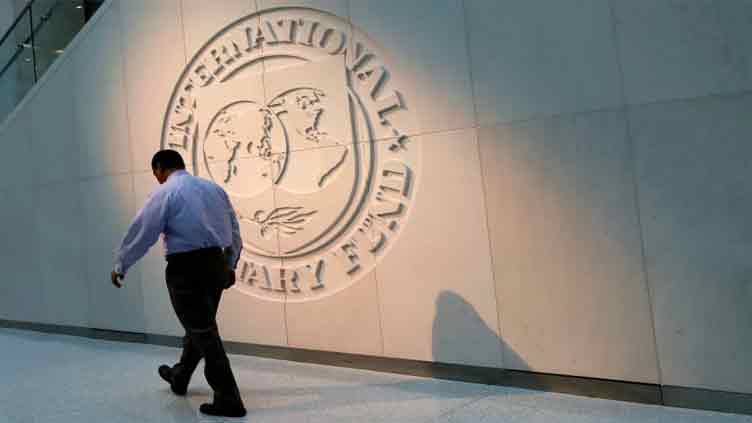Money now, shares later: More countries voice support for pragmatic IMF funding boost

Business
Pakistan among those nations which say the US proposal "is not our first option"
MARRAKECH (Reuters) – Support increased on Wednesday for the US-backed call to boost the International Monetary Fund's quota lending resources without shareholding changes, according to statements from various countries issued at the IMF's annual meeting in Morocco.
France, Britain, Ghana, Switzerland, Finland and Belgium said in statements to the IMF's steering committee that they supported an equi-proportional increase, under which countries would contribute money in proportion to their current shareholding in the IMF.
Brazil's finance minister, Fernando Haddad, who has pushed for an increase in shareholding for itself, China and other fast-growing emerging markets, said in a statement that Brazil would support such a quota increase if it were coupled with an "ad-hoc" share increase for the most "blatantly underrepresented" IMF members.
The IMF said on Tuesday that it was seeing "substantial support" for the US proposal, aimed at bolstering the IMF's $1 trillion in lending firepower and keeping it at the center of the global financial safety net.
IMF Managing Director Kristalina Georgieva said the extra resources were needed to ensure the IMF can respond to another large-scale crisis. With momentum growing behind the US proposal, she has called for a deadline to realign voting power to reflect the growth of big emerging markets and preserve the fund's political legitimacy, adding that without an adjustment, "we are stuck."
Quota contributions, which are based on member countries' shareholdings, now account for only about 40 per cent of the IMF's total resources, with emergency capital pledges and bilateral borrowings making up the rest.
The last increase in quotas took place in 2010, when China's GDP was one third its current level. China would be the biggest winner in any share realignment, with 6.08pc of the IMF's voting power and roughly 18pc of global GDP.
But with anti-China sentiment running high in the US Congress, any IMF funding increase that increases Beijing's influence would face stiff opposition.
US Treasury Secretary Janet Yellen proposed the money now, shares later plan as a way to sidestep the China issue and speed resources to the IMF.
She said in her statement to the International Monetary and Financial Committee that the US was committed to a "fair and simple" share realignment based on economic size, but "we regret" that one has not been reached.
"In the absence of a new formula, an equi-proportional increase is the only viable outcome that avoids arbitrarily picking winners and losers," she said.
Ghana's central bank governor Ernest Addison, in a statement also representing host country Morocco and Algeria, Iran, Libya, Pakistan and Tunisia, said that the US proposal "is not our first option"
"For the sake of reaching a compromise in the coming weeks, we support a substantial equi-proportional increase in quotas of at least 50pc," an amount he also said was inadequate to meet developing countries' needs.
A 50pc quota increase would be equivalent to about $312 billion at current exchange rates.

